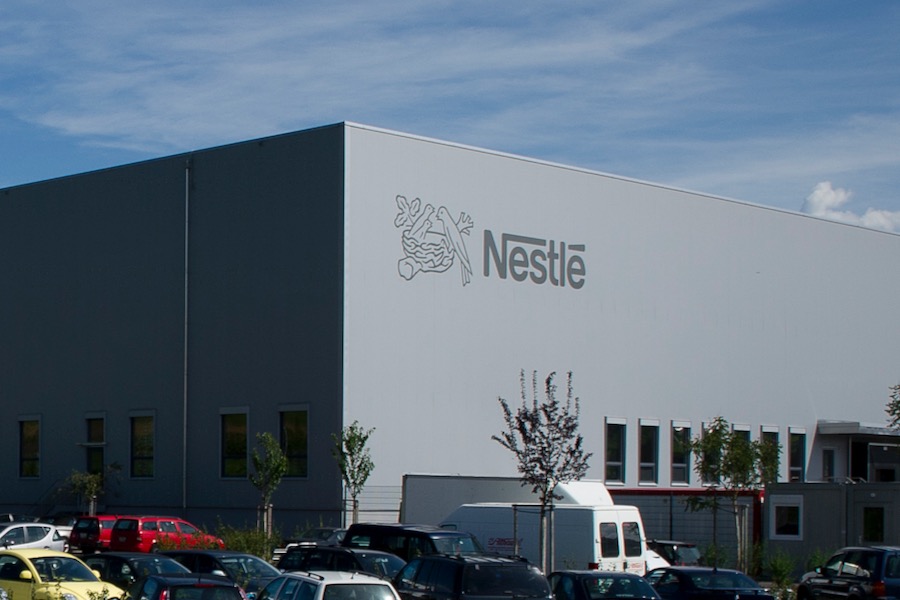Nestlé’s ongoing R&D has led to a groundbreaking sugar reduction technology that not only significantly diminishes sugar content, but also brings additional benefits to a wide array of products. This latest innovation follows a similar breakthrough years ago, aimed explicitly at the candy industry. This resulted in the brief existence of the Wowsome candy line in the UK, which was first introduced in 2018 but was discontinued in 2020.
In its newest initiative, Nestlé uses an enzymatic method to cut down intrinsic sugar levels in ingredients like malt, milk and fruit juices by as much as 30 percent, with only a minor effect on the products’ flavor and texture. The sugar-reduced ingredients are then incorporated into the recipes for a variety of products. There is no requirement for additional sweeteners or bulking agents to substitute the removed sugar volume.
The company’s patented sugar reduction approach also enhances the prebiotic fiber content when applied to milk-based products. Preliminary clinical trials suggest these fibers could encourage the growth of several kinds of beneficial bacteria, resulting in an improved microbiome composition in healthy adults.
Related: New WHO Guidance Advises Against Sugar Substitutes for Weight Loss
“Sugar reduction across our portfolio remains a top priority,” said Stefan Palzer, Nestlé’s chief technology officer, in a press release. “This new technology is a true breakthrough, as we can reduce sugar without adding sweeteners while preserving a great taste, all at a minimal cost increase. In addition, our scientists discovered that the sugar reduction generates prebiotic fibers that support the microbiome, which is an additional benefit. We are now accelerating the global roll-out across formats and categories.”
The sugar reduction method was initially trialed in cocoa and malt-based ready-to-drink (RTD) beverages in Southeast Asia. Over the past year, Nestlé has successfully integrated this sugar reduction technique into the manufacturing processes of cocoa and malt-based powdered beverages like Milo in multiple countries across Asia, Africa and Latin America.
Since 2021, this sugar reduction technology has been implemented in over 200,000 tons of cocoa and malt-based beverages. The ongoing expansion will soon extend to other product categories like dairy powders.
However, Nestlé isn’t the only food giant actively working to reduce sugar in its food and beverage products. PepsiCo, for example, has committed to reducing sugar and is striving towards a target that at least two-thirds of its drinks will have 100 or fewer calories from added sugars per 12-ounce serving by 2025.
General Mills has reformulated many of its cereals and snacks to reduce sugar content, particularly focusing on products marketed to children. Kraft Heinz is also working on sugar reduction across its product portfolio, especially in products such as ketchup and salad dressings.
Nestlé’s development of cutting-edge technologies reflects its persistent commitment to enhancing the nutritional value of its products, promoting responsible consumption and encouraging a balanced diet. This new sugar reduction strategy complements a broad spectrum of existing solutions that Nestlé has developed over the years in conjunction with external innovation partners and suppliers. These include natural sweeteners, flavors that enhance sweetness or mask bitterness, as well as natural bulking agents like fibers, cereals and tailor-made dairy and cocoa powders.












Join or login to leave a comment
JOIN LOGIN